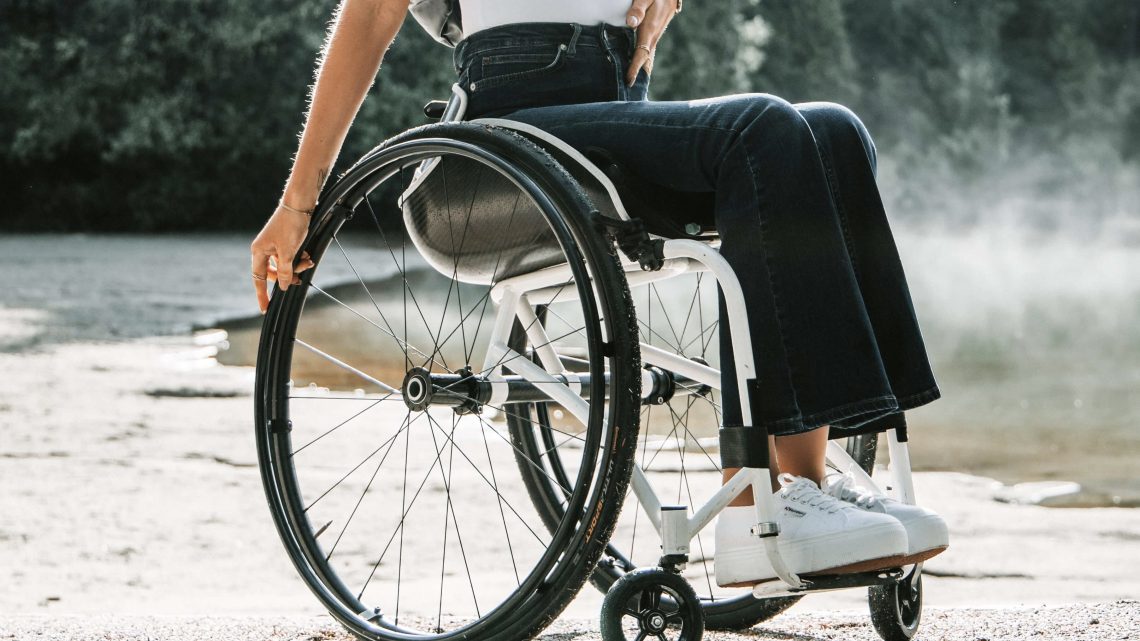A spine injury can be a life-altering event, shaking the foundation of one’s physical and emotional well-being. However, the human spirit is resilient, and with the right support and guidance, it’s possible to regain mobility and reclaim independence. In this comprehensive guide, we’ll explore the journey of learning to walk again after a spine injury, offering insights, tips, and expert advice to help you on your path to recovery.
The Crucial First Steps
The initial stages of recovery are often the most challenging. It’s crucial to approach them with patience and determination. Your medical team will play a pivotal role in this phase, offering expert guidance on exercises, mobility aids, and a personalized rehabilitation plan tailored to your specific injury. Embrace the support of physical therapists, occupational therapists, and medical professionals who specialize in spinal injuries.
Legal Protections and Advocacy
During this critical time, it’s essential to consider the legal aspects of your situation. A Colorado Springs spine injury attorney can provide invaluable assistance in ensuring your rights are protected. They specialize in advocating for individuals who have suffered spine injuries, helping them access the necessary resources for recovery and rehabilitation. From navigating insurance claims to seeking compensation for medical expenses and long-term care, a lawyer can be a vital ally in your journey.
Setting Realistic Goals and Celebrating Milestones
Recovery is a journey of small victories. Celebrate each milestone, no matter how seemingly insignificant. From regaining movement in a single toe to taking those first unassisted steps, each achievement is a testament to your strength and determination. Setting realistic goals, both short-term and long-term, will provide a roadmap for your progress and keep you motivated throughout the recovery process.
The Power of Rehabilitation
Rehabilitation is a cornerstone of recovering from a spine injury. Your healthcare team will develop a personalized program that addresses your specific challenges and goals. This may include a combination of physical therapy, occupational therapy, and specialized exercises designed to improve strength, flexibility, and overall mobility. With consistent effort and the right guidance, you’ll gradually regain control over your body.
Assistive Devices and Adaptive Technology
Incorporating assistive devices and adaptive technology can significantly enhance your mobility and quality of life. From wheelchairs and walkers to cutting-edge technologies like exoskeletons and neuroprosthetics, these tools are designed to bridge the gap between your current abilities and your desired level of independence. Working closely with your rehabilitation team will ensure that you’re equipped with the most suitable aids for your unique needs.
Embracing Alternative Therapies
In addition to traditional rehabilitation methods, consider exploring alternative therapies that may complement your recovery journey. Techniques like acupuncture, yoga, and hydrotherapy have shown promise in aiding spinal injury recovery by promoting relaxation, alleviating pain, and enhancing overall well-being. Always consult with your healthcare team before incorporating any new therapies into your regimen.
Nurturing Mind and Body
A balanced, nutrient-rich diet plays a vital role in supporting your body’s healing process. Consult with a registered dietitian or nutritionist who can help create a customized meal plan tailored to your specific needs. Focus on foods rich in vitamins, minerals, and protein to promote tissue repair and overall well-being. Staying hydrated is also crucial, as it aids in digestion, circulation, and overall cellular function.
Mindfulness, Meditation, and Mental Health
The emotional toll of a spine injury cannot be underestimated. It’s important to prioritize your mental health throughout the recovery process. Mindfulness techniques, meditation, and breathing exercises can help alleviate stress, anxiety, and depression. Consider seeking support from mental health professionals, support groups, or even engaging in creative outlets to promote a positive mindset and emotional well-being.
Incorporating Exercise and Movement into Daily Life
As you progress in your recovery journey, integrating regular exercise and movement into your daily routine becomes increasingly important. Consult with your healthcare team to explore safe and effective exercises that align with your abilities. Whether it’s seated yoga, aquatic therapy, or adapted strength training, staying active not only supports physical recovery but also contributes to improved mood and overall quality of life.
Navigating Challenges and Seeking Support
Pain management is a critical aspect of spinal injury recovery. Open communication with your healthcare team about your pain levels is essential. They can recommend a combination of medications, physical modalities, and alternative therapies to help alleviate discomfort while ensuring your safety and well-being.
Building a Support Network
Recovery is not a solitary journey. Surround yourself with a strong support network of family, friends, healthcare professionals, and fellow survivors. They can offer encouragement, practical assistance, and emotional support when you need it most. Additionally, consider joining local or online support groups for individuals facing similar challenges. Connecting with others who understand your experiences can be a source of great comfort and empowerment.
Advocating for Your Future
As you progress in your recovery, it’s important to advocate for your long-term needs. This may include modifications to your living environment, ongoing medical care, and access to resources that facilitate your independence. A lawyer can be instrumental in ensuring your legal rights are upheld, helping you navigate any potential obstacles that may arise.
Thriving Beyond Adversity
Recovering from a spinal cord injury is a journey of resilience, perseverance, and hope. By embracing a comprehensive approach that encompasses medical care, rehabilitation, nutrition, mental health, and legal advocacy, you can pave the way for a future filled with newfound strength and independence. Remember, every step forward, no matter how small, is a triumph of the human spirit. Keep moving forward, and embrace the possibilities that await you on this remarkable journey of recovery.



No Comment